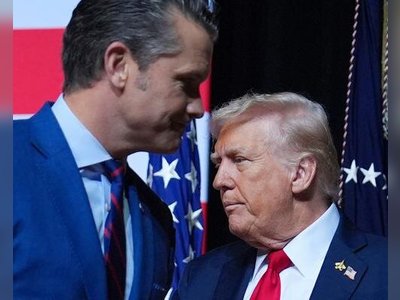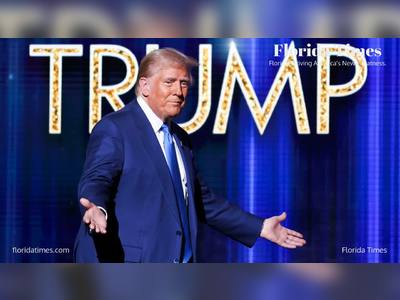Trump Announces Intention to Impose 100 Percent Tariff on Foreign-Made Films
President Donald Trump on Monday announced plans to impose a 100 percent tariff on films produced outside the United States when imported. The measure, intended to bolster American film production, resurfaced a threat he made earlier in May but without any formal framework or timing.
In a post on his platform Truth Social, Trump asserted that other countries have “stolen” the U.S. movie business, likening it to “stealing candy from a baby.” He directed the Department of Commerce and the Office of the U.S. Trade Representative to commence implementation.
While the White House said no final decision has yet been made, administration officials affirmed that all options remain under consideration. The announcement left key details unresolved: how the tariff would apply to films with international co-production or dual jurisdictions, and how legal authority would be established for such a levy.
Entertainment stocks responded sharply. Shares of Netflix and Warner Bros. Discovery fell more than one percent in premarket trading as investors absorbed the sudden shift in policy. The sector is already vulnerable to swings in global licensing, distribution and cross-border production.
The U.S. film industry frequently relies on foreign filming locations, tax credits abroad and international partnerships. Imposing a sweeping tariff on such activity could upend longstanding practices, raising production costs and triggering retaliation.
Trade experts have flagged significant constitutional and trade law challenges to the proposal, particularly whether the executive branch can unilaterally impose duties on intellectual property goods like films. Legal scholars also question whether a blockade on foreign films might violate World Trade Organization (WTO) commitments or prompt countermeasures.
As the industry digests the announcement, attention now turns to how regulators will draft rules and whether Congress will weigh in. The drama underscores how trade policy is now reaching cultural domains, with implications for Hollywood, global cinema, and policy doctrine about the reach of executive power.










